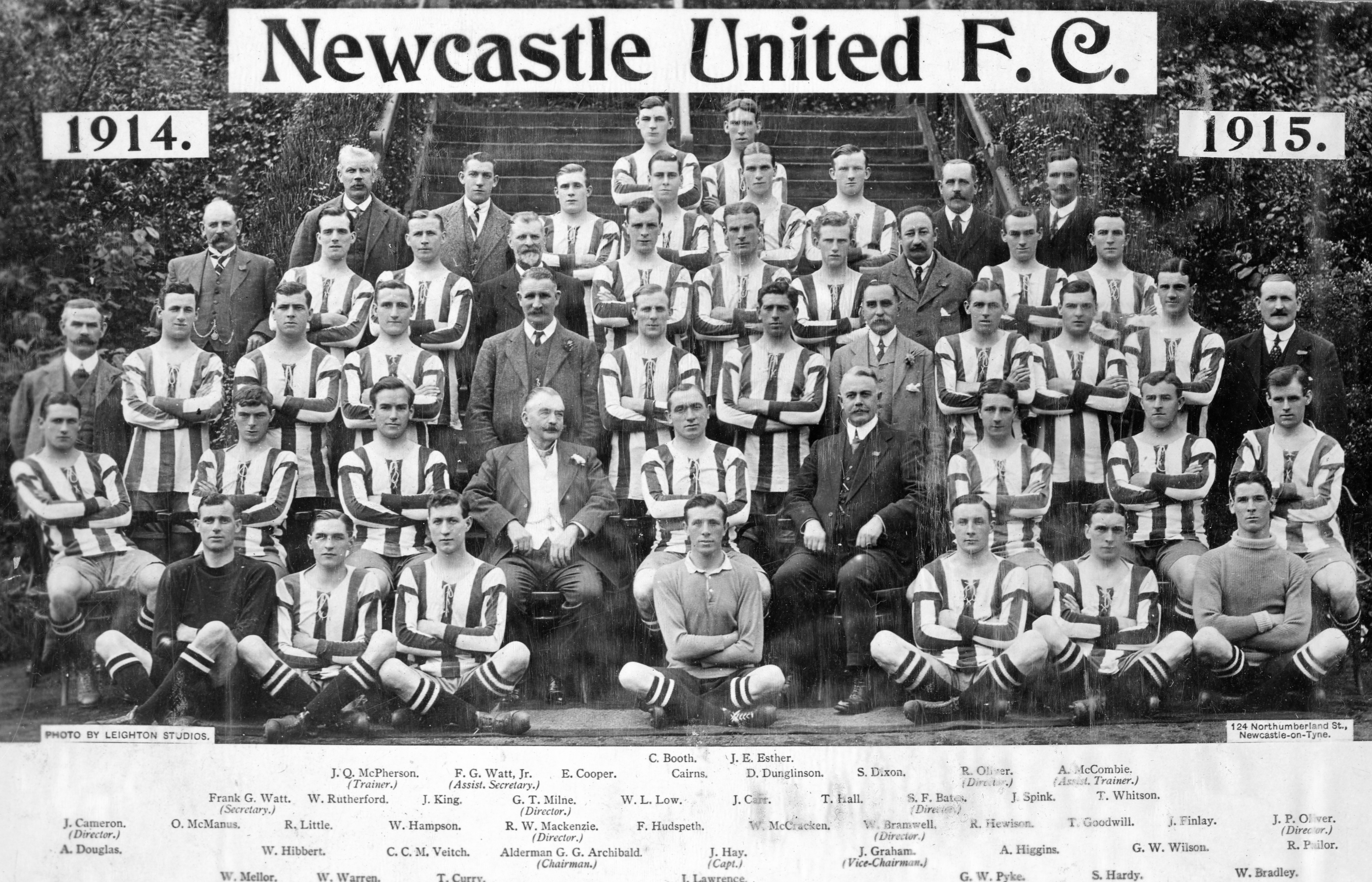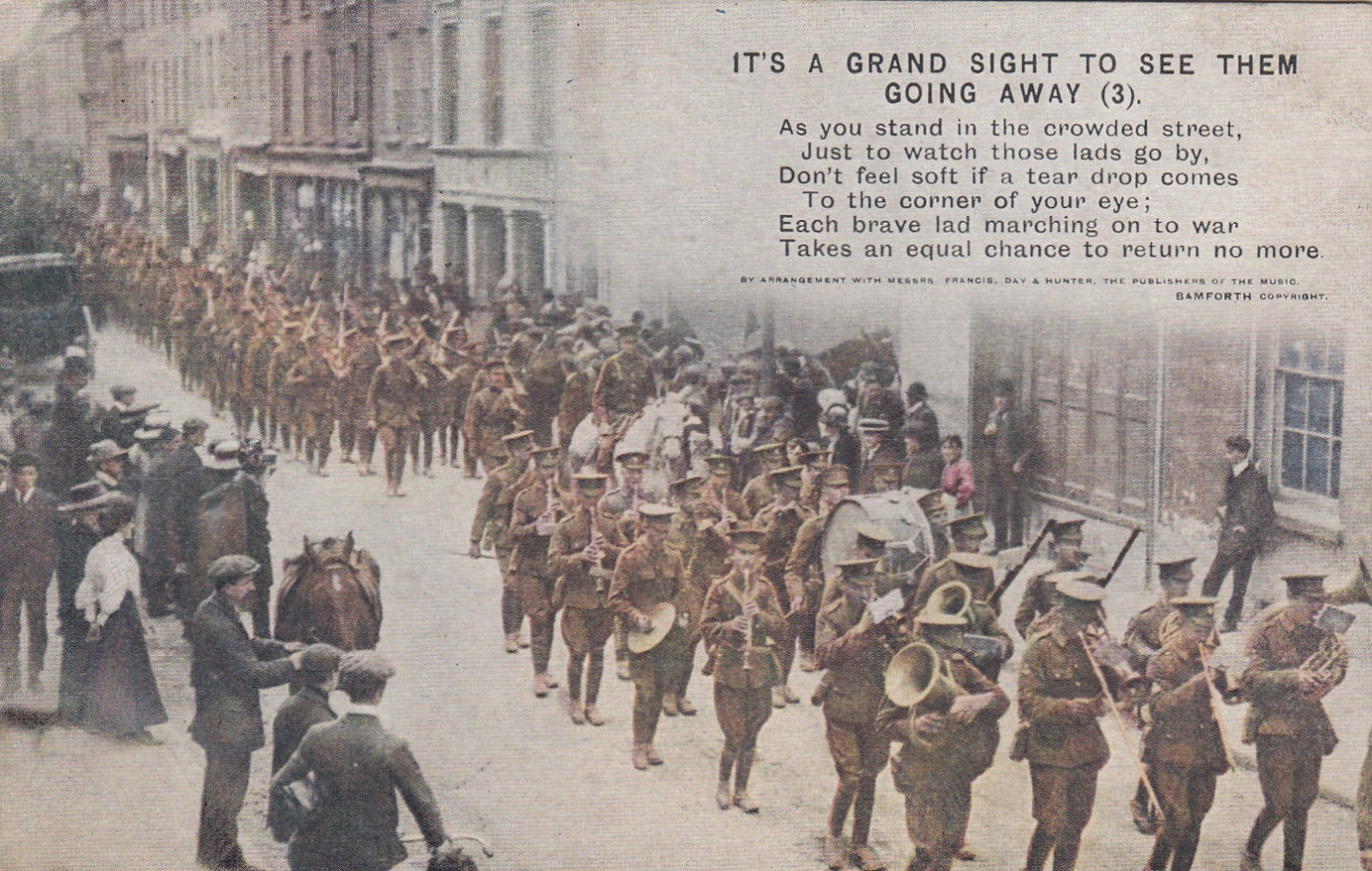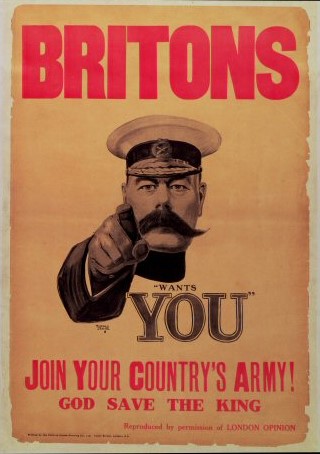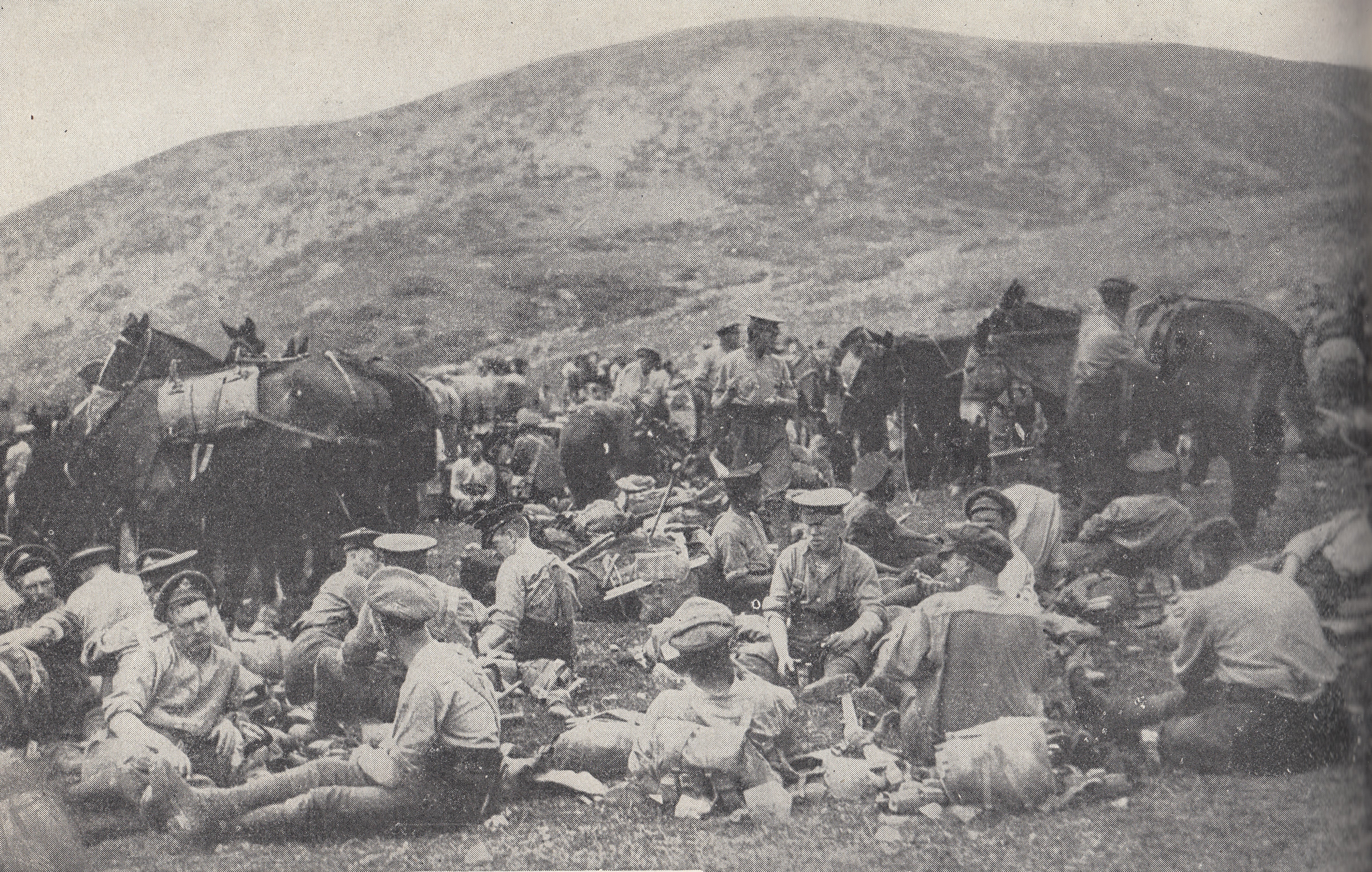Football or War?
When the Great War erupted at the end of August 1914, a new football season was about to start.
The country was at war barely four weeks as Newcastle United opened the campaign against West Bromwich Albion at the beginning of September.
Newcastle United's 1914/15 squad
During those opening weeks and months of the season and as 1914 turned into 1915, there was a heated public debate, and at times a bitter one, around the question of whether football should continue or close down.
The national game had forged ahead uninterrupted despite an escalating conflict.
Many considered that as men volunteered and headed for the trenches – and were being killed on the battlefield – to play a sport, a game of football, was not the thing to do.
It was voiced that football was "a game for cowards and war dodgers".
The national game faced a crisis and by the end of the season the inevitable happened, professional football was halted for the duration of the hostilities.
While a wartime structure continued in much of the country, Newcastle United – as well as neighbours Sunderland and Middlesbrough – largely shut up shop.
Newcastle United’s players and officials of the time, as well as former and future names, joined up to fight in the Great War.
Off to war
More than 150 individuals served with the nation’s Armed Services with many more players engaged in essential work.
A total of 23 former players have been traced who lost their lives as a result of the dreadful confrontation between the powers of Europe.
There are many stirring yet tragic tales of United’s men, footballers turned soldiers, in various regiments of the Army including the new 'Pals' units which were quickly formed as well as the prominent Footballers’ Battalions.
They served in the Navy and Air Force too.
A recruitment poster featuring Lord Kitchener
Several falsified documents about their age to join up, being too young or too old, so eager and patriotic they were to answer Lord Kitchener’s call-to-arms.
United’s personalities of the football field, as well as the office and boardroom, found themselves all over the world facing the enemy; on the Western Front, in the Middle East, Turkey and Greece, in India and Russia.
They faced death countless times on the Somme, at Ypres and Passchendaele, at Gallipoli and Salonika.
British forces in Salonika, Greece
Many also remained on home shores, posted to defensive duty, guarding the important Tyne and its vast industrial sites.
The famous served alongside the not so famous and many individuals were honoured for their actions or conduct.
Several players were wounded in battles overseas, some recovered and never played again, others returned to the game, even winning the FA Cup for the Magpies.
A few were captured and became Prisoners of War, some found themselves in the wrong place at the wrong time and were interned in Germany.
A few faced tribunals to avoid call-ups due to footballing injuries when wearing the black and white shirt.
Despite all, football continued at home and abroad as players took to the football pitch at every opportunity – between spells in the trenches, on the battlefield or after long, long hours in the armament factory or shipyard.
